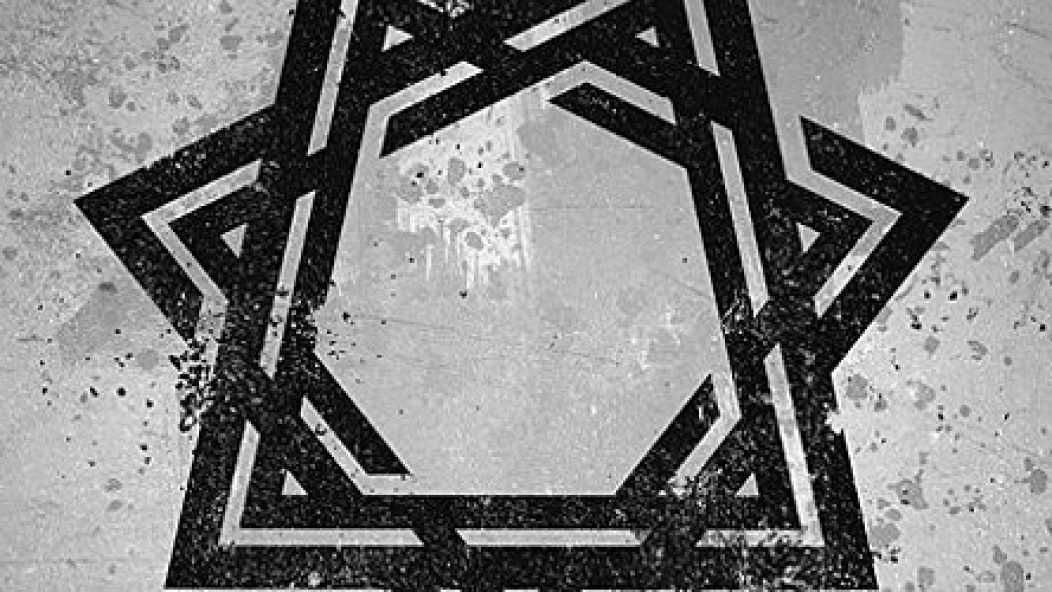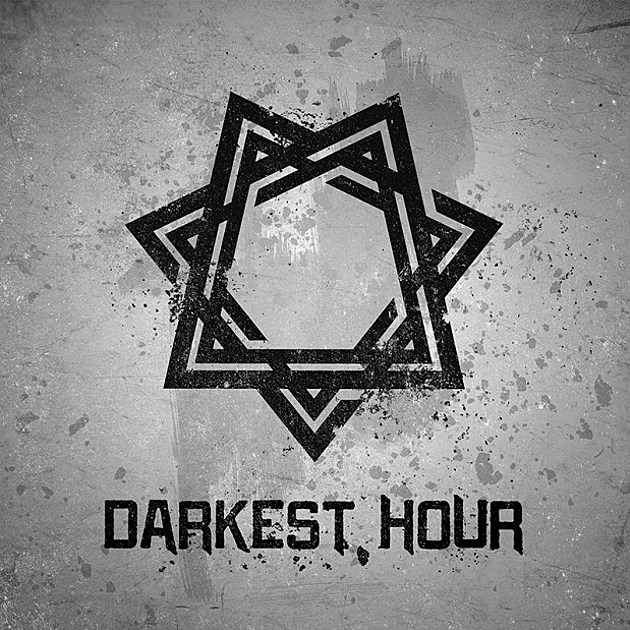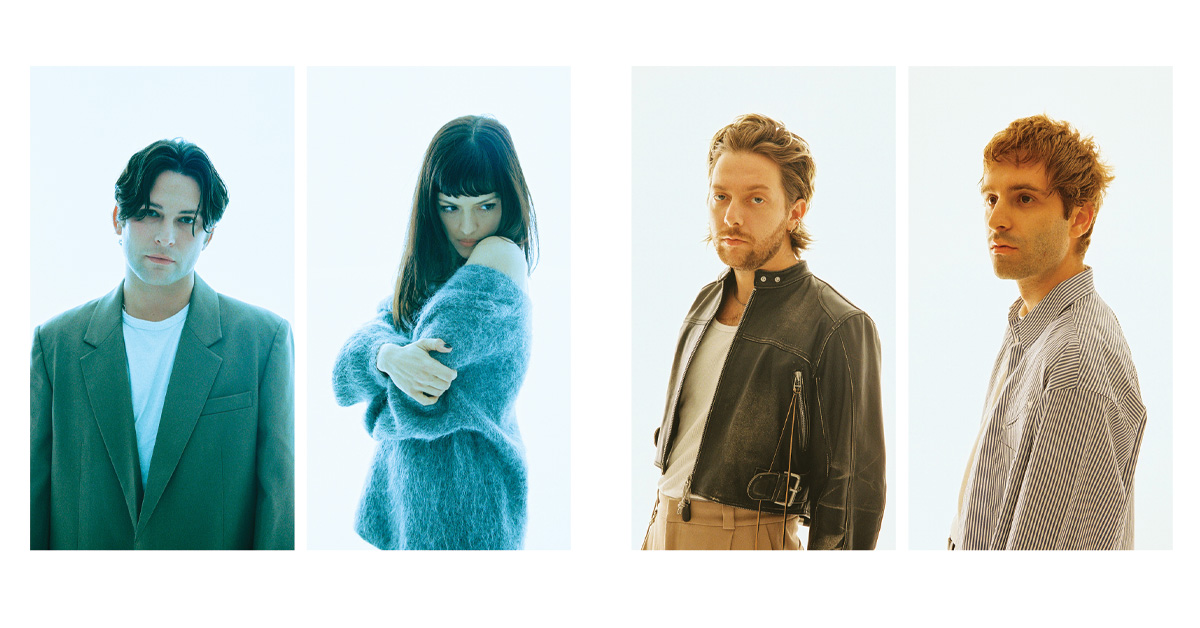
Darkest Hour - Darkest Hour

…
We have a rule here at Invisible Oranges that we do not purposely write negative reviews. Sure, we may criticize a band for this or that, but it is always constructive and we post about things we enjoy for the most part. This is why we don’t cover low-hanging fruit like pig-squealy crabcore, cookie cutter death metal, or tripe like freaking Shinedown or whoever is dominating modern rock radio these days. There’s plenty of negativity on the blogosphere, and didn’t we start writing about the music we love because we, you know, love it?
I didn’t expect to be disappointed with the new Darkest Hour album. In fact, this was one of my most anticipated albums of the year when it was announced. Then the band posted a trio of promo tracks, each more suspect than the last. OK, I thought, maybe these are just the obvious singles to draw in a wider audience. What’s that they say about threes? “Once is happenstance; twice is coincidence; three times is habit”?
When they’re on, Darkest Hour are pure, guilt-free pop metal. Each album since 2005’s breakthrough Undoing Ruin has boasted politically charged lyrics and enough metal chops to warrant closer inspection via good headphones, but is straightforward enough to slap on your iPod Shuffle’s gym playlist. (Seriously, when the acoustic intro to “Doomsayer (The Beginning of the End)” explodes into a steady double bass onslaught, I feel like I could deadlift the entire Alabama offensive line.) And some of that killer instinct is still present on their self-titled eighth album, with a few major changes.
First off, this is the band’s Sumerian debut. Normally a label is just a label, a tag to put on an album or at most a tastemaker boutique carefully curating a stable of bands. But there’s a reason “Sumeriancore” is a common epithet in metal. Darkest Hour is the band’s first album with producer Taylor Larson, best known for his work with Periphery, and sure enough, opener “Wasteland” kicks off with a seven-string-led, djenty bounce. Some of that DH glory peaks through with a big, double-tracked John Henry hook and a screaming solo by a Mike Scheibaum, but it’s sandwiched between more chugs than a frat house during pledge week.
And so it goes throughout the album, Darkest Hour equaling every interesting innovation or ripping lead with questionable choices. Sequencing is Darkest Hour’s strength, as short stomper “Rapture in Exile” runs headlong into “The Misery We Make”, which storms in with a vintage, infectious DH riff before Henry starts the first verse sounding like Chester Bennington. And then. . . is that. . . is that AutoTune? Henry’s mechanized voice belts the chorus “And I’ll never say what you want me to say/When I tell you everything’s gonna fade”, and again I am forced to make the Linkin Park reference. This severely bums me out. It’s not just that the choruses are simpler in lyrical content and composition. After all, 2011’s The Human Romance saw Henry eschew sociopolitical topics for a more generalist view of the world and our place in it, all the while the band crafted giant, mile-wide hooks for his good-cop refrains. This was fine, because the songwriting was tight even when it wasn’t necessarily catchy. That album’s first single “Savor the Kill” comes to mind, its bouncing, double verse intro building to a massive, open-throated chorus.
On Darkest Hour, it sounds like the band is rushing towards the next big hook, targeting a modern audience’s lowered attention span. “Futurist” makes a play for the next big hit rawk DJs are cuing up for bros tired of Five Finger Death Punch. Henry’s anthemic double-speak over booming snare could be your favorite MLB pitcher’s next walk-on song:
Some fires will never die
Some will never ignite
Are you still living a lie
Or living the rest of your life
“By the Starlight” is actually a cool break in the action, an acoustic-driven duet between Henry and dreampop upstart DRÆMINGS showcasing some subtle songwriting and much-hyped new drummer Travis Orbin’s nimblest performance on the album. Even the inevitable collapse and crush succeeds because of the foundation, the tension the band lays in the first few minutes. Those huge, ascending leads are so instantly recognizable as Darkest Hour that even the over-compressed rhythm guitars can’t bring them down. It’s not the first place the seams in the soundscape are visible, though. The volume on the galloping, guitar acrobatic bonanza “Hypatia Rising” drops during its solo like the song is going to fade out but doesn’t, a noticeable dip in the master that’s either a sloppy oversight or an extremely questionable choice in post-production. And the aforementioned sprinklings of AutoTune make Henry sound like a pitch-shifted robot rather than the powerful talent known for going from controlled rasp to apoplectic shout to crisp chorus in as many bars. In a way, this is Darkest Hour’s pop metal evolution taken to its logical extreme. That is, barely extreme at all. Mostly great for your buddy who gets his hard rock recommendations from the top videos on FuseTV, but a bummer if you’ve stuck with the band since their inception as At the Gates clones through their growth into one of the most quietly – and consistently – enjoyable modern metal acts in the country. The original album title was supposed to be Fuck Waiting Around to Die, a line taken from “Rapture in Exile”. How about we wait around to see where they go next before we deem Darkest Hour to have jumped the shark?
…










